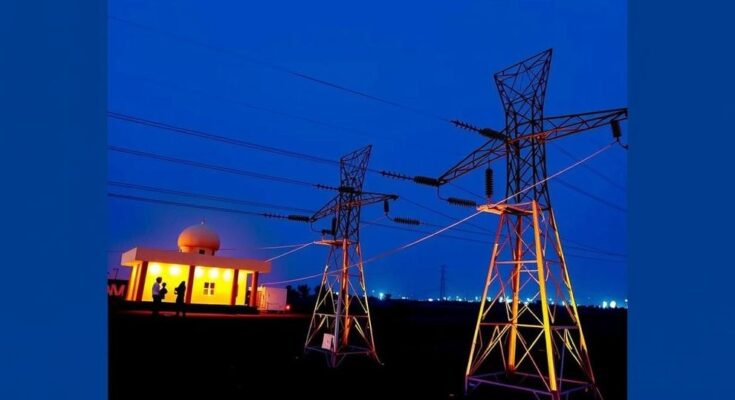Bangladesh has halved its power imports from Adani Power due to decreased winter demand and ongoing payment disputes, highlighting challenges in international energy agreements.
On December 3, 2024, it was reported that Bangladesh has significantly reduced its electricity imports from Adani Power by 50%. This decision comes in response to a combination of reduced winter electricity demand and ongoing disputes regarding payments. Such a move indicates the complexities surrounding international energy transactions and underlines the importance of stable payment arrangements in trade relations.
The reduction of power imports from Adani Power by Bangladesh highlights important trends in regional energy dependence and fiscal negotiations. This situation is reflective of broader economic conditions, particularly during winter months when demand for electricity typically fluctuates. Bangladesh has been an important market for Indian energy companies, notably Adani, and the payment disputes may signal underlying issues in bilateral trade agreements that warrant attention and resolution.
In summary, the halving of power imports from Adani Power by Bangladesh underscores the challenges faced in international energy agreements, specifically regarding payment disputes. This development raises critical questions about the stability and reliability of energy trade, particularly for nations that rely significantly on cross-border electricity imports. Addressing these payment issues will be crucial for maintaining favorable trade relations moving forward.
Original Source: www.hindustantimes.com




